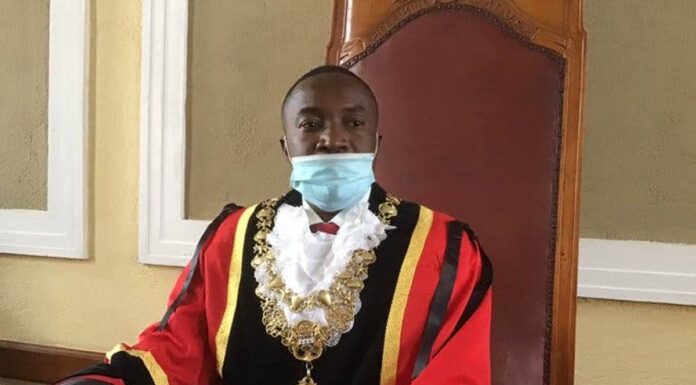
Benhilda Magomo
Harare– Zimbabwe’s continued unsustainable debt surpasses the national income by 99.6% which is unfit for developing countries like Zimbabwe, Economist data has reviewed.
In a Public Expenditure Workshop, Zimbabwe Coalition on Debt and Development (ZIMCODD) Economist Zvikomborero Sibanda said ZIMCODD had adopted debt management initiatives to transform Zimbabwe into an Upper Middle-Income economy without debt arrears by 2030.
‘ZIMCODD seeks to stimulate economic growth and stabilize the macroeconomic situation in the country with a per capita Gross Nation Income in real terms by 2030’’.
Token payment, publication of debt statistics, publication of the key budget document, and recent economic stabilization measures are some of the targeted key deliverables to rebuild and transform Zimbabwe into a prosperous Upper-Middle Income Economy.
Sibanda emphasizes that the public debt should not exceed 70 % of the Public Debt Management Authority. However, Zimbabwe has 18 billion overdue debt arrears with 12, 8 billion external area while the remaining is domestic debt.
‘’Therefore, Zimbabwe should engage on resource-backed loans where we are mortgaging part of our minerals to get external loans from countries such as China’’, Sibanda said.
Additionally, Zimbabwe’s borrowing limits should be fixed by parliament on recommendations based on the ability to pay.
In an interview, Sibanda said that to date GDP is now close to 100 % which shows that debt is growing faster than income. This indicates that Zimbabwe is distressed, struggling to repay its debt financial obligation.
‘’Economic reforms and land tenure systems should be addressed in a bid to loosen the pressure on the fescues’ swift implementation’’, he said.
Maintaining a comprehensive, updated, and accurate public debt database with accelerated implementation of the arrears clearance strategy while unlocking new external financing, is the key takeaway and action targeting Vision 2030.












